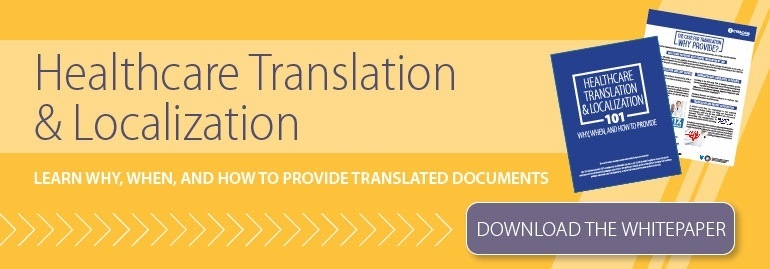 The following is a guest post co-authored by CyraCom Translation and Localization Consultant Alejandro Sanchez de Los Reyes:
The following is a guest post co-authored by CyraCom Translation and Localization Consultant Alejandro Sanchez de Los Reyes:
Machine Translation (MT) made a lot of news over the past year. Some of the world’s most prolific technology companies are dedicating significant resources to the project. Their goal: create a plug and play translation solution that works perfectly without human input.
It’s an ambitious undertaking, and one for which machines might seem well-suited—until you understand what accurate translation actually entails.
The Challenge of Accurate Translation
Translation as a concept means extracting the meaning from a source text in one language, then rewriting that meaning to the target language. To accomplish this, human translators must:
Comprehend the source material—both individual words and overall intent
Convert the source material’s meaning mentally into the target language
Convey that meaning through well-chosen words and phrases in the target language
Bilingual humans are well-suited for these tasks; often, they’ve been performing them since childhood. Machine Translation software to-date has struggled to compete. It can store and reference dictionaries and thesauruses in various language for word-for-word translation, but factoring in “intangibles” like context, tone, and cultural norms has proved much more challenging.
CyraCom’s Human Translation Process
Communication in healthcare is high-stakes. We believe it requires a level of accuracy and intuition currently unavailable in MT-only solutions.
At CyraCom, our human linguists follow a standardized, ISO-certified translation process designed to provide highly accurate translations. Adhering to ISO means continuously improving this process through translator testing, training, certification, and monitoring. These measures help CyraCom avoid errors that may occur when relying solely on Machine Translation, equipping our clients to provide accurate written documentation to their limited-English proficient (LEP) patients.
Want to learn more about the translation process? Download our whitepaper on the topic, then reach out to Alejandro at alreyes@cyracom.com.




